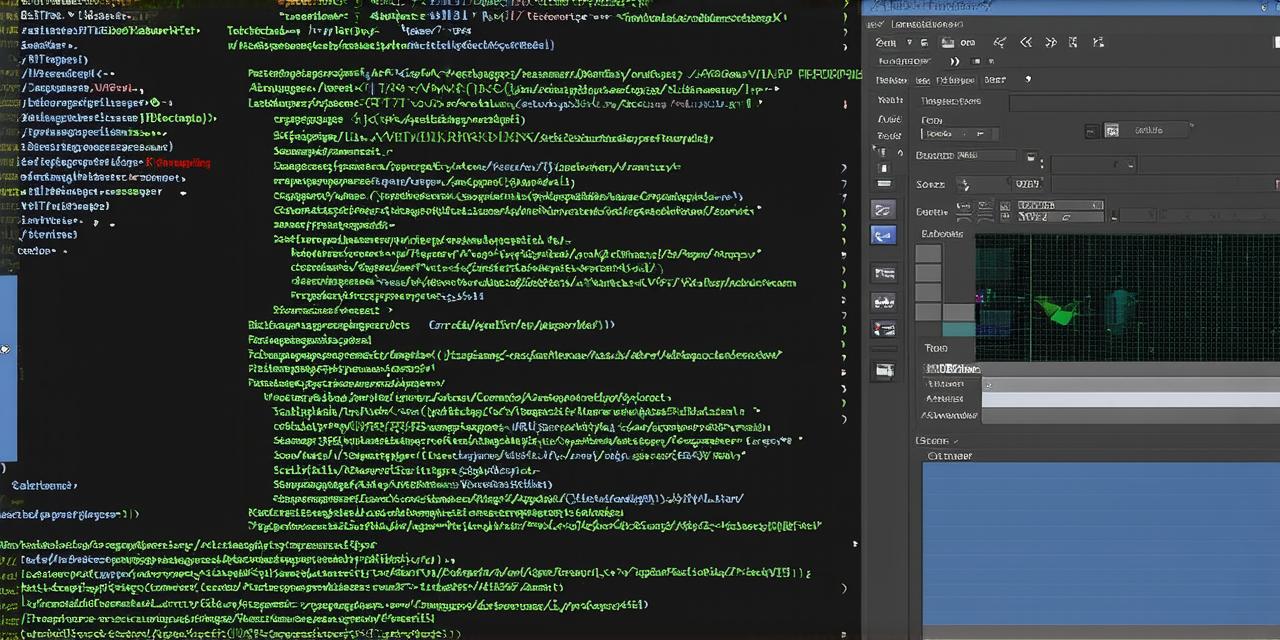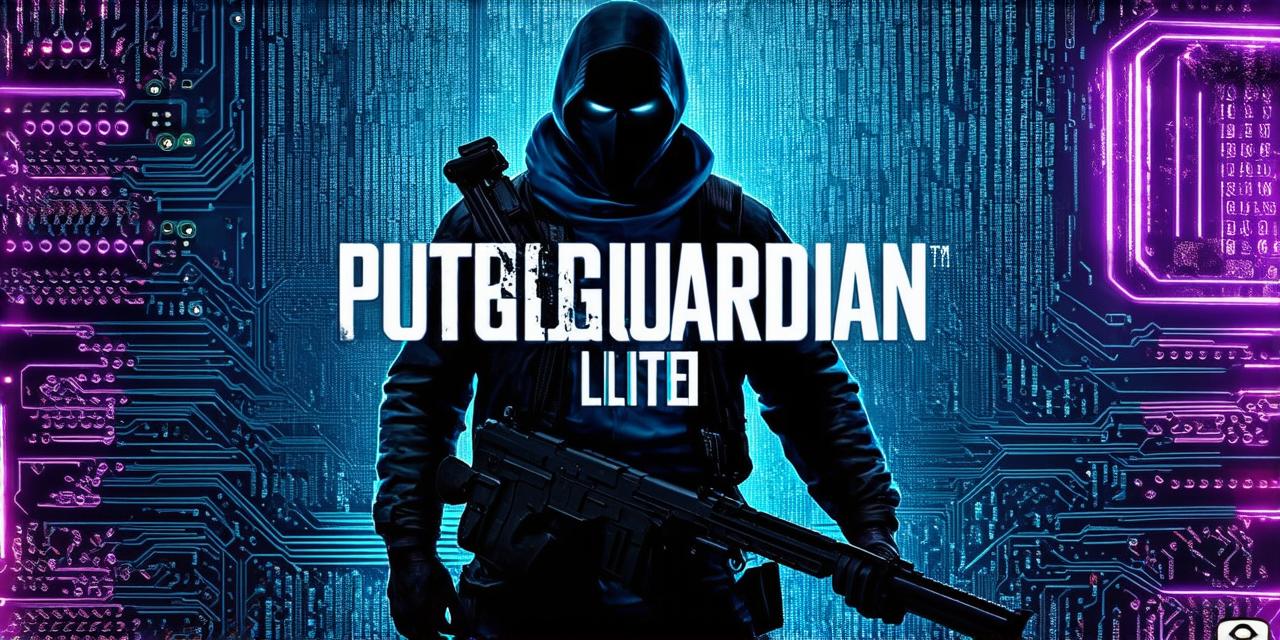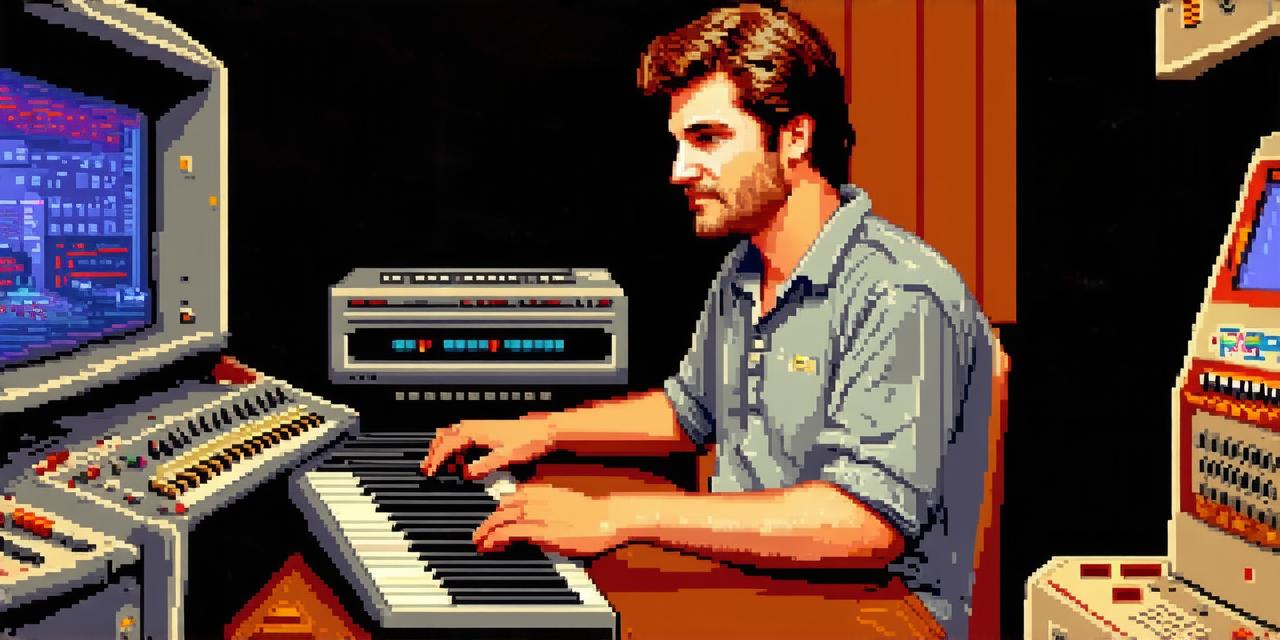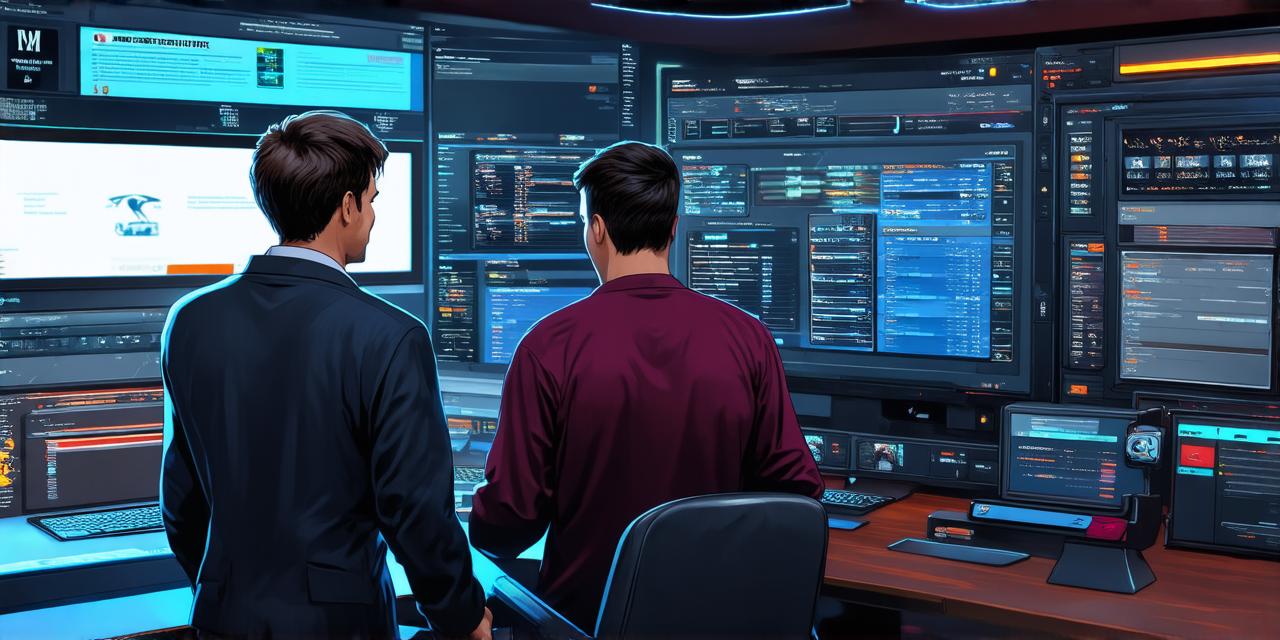1. Game Engines
A game engine is a software platform that provides a set of tools and resources for creating video games. Game engines are used to develop everything from 2D platformers to complex open-world games. Some popular game engines include Unity, Unreal Engine, CryEngine, and Godot. These engines provide developers with pre-built assets, such as characters, environments, and physics simulations, that can be customized and modified to fit the specific needs of a game.
2. Scripting Languages
Scripting languages are used to create interactive elements within games. These languages allow developers to write code that responds to user input and controls the behavior of game objects. Some common scripting languages used in game development include C++, Python, and JavaScript. These languages can be integrated with game engines or used standalone to create simple games.
3. 3D Modeling Software
3D modeling software is used to create three-dimensional models for characters, environments, and other game assets. Some popular 3D modeling tools include Blender, Maya, and 3DS Max. These tools allow developers to create high-quality, detailed models that can be imported into game engines for use in games.
4. Animation Software
Animation software is used to create movement and action for game characters and objects. Some popular animation tools include Autodesk Animation Studio, Toon Boom Harmony, and Blender. These tools allow developers to create smooth, fluid animations that bring games to life.
5. Audio Editing Software
Audio editing software is used to create and edit sound effects, music, and voiceovers for games. Some popular audio editing tools include Adobe Audition, GarageBand, and Ableton Live. These tools allow developers to create high-quality audio that enhances the overall experience of a game.
6. Version Control Systems
Version control systems are used to track changes made to code and other assets during the development process. This allows multiple developers to work on a project simultaneously without overwriting each other’s work. Some popular version control systems include Git, Subversion, and Team Foundation Version Control.

7. Debugging Tools
Debugging tools are used to identify and fix bugs in game code. These tools allow developers to step through the code, view variables, and trace the flow of execution. Some common debugging tools include Visual Studio, Xcode, and Eclipse.
8. Cloud Services
Cloud services are used to store and distribute game assets, such as textures and models, over the internet. This allows games to run smoothly on a wide range of devices, regardless of their processing power or memory. Some popular cloud services include Amazon Web Services, Microsoft Azure, and Google Cloud Platform.
9. Analytics Tools
Analytics tools are used to track user behavior within games and gather data about player engagement. This data can be used to improve game design, optimize performance, and monetize the game through in-app purchases or advertising. Some popular analytics tools include Google Analytics, Mixpanel, and Amplitude.
The Evolution of Game Development Tools
Game development tools have evolved significantly over the past few decades. Early games were developed using simple text editors and assembly language, while modern games are created using sophisticated game engines and powerful scripting languages. The rise of cloud computing and mobile devices has also led to the development of new tools and technologies that make game development more accessible and efficient than ever before.
Future of Game Development Tools
The future of game development tools is likely to be shaped by advances in artificial intelligence, virtual reality, and augmented reality. These technologies are already being used to create immersive, interactive experiences that go beyond traditional video games.




